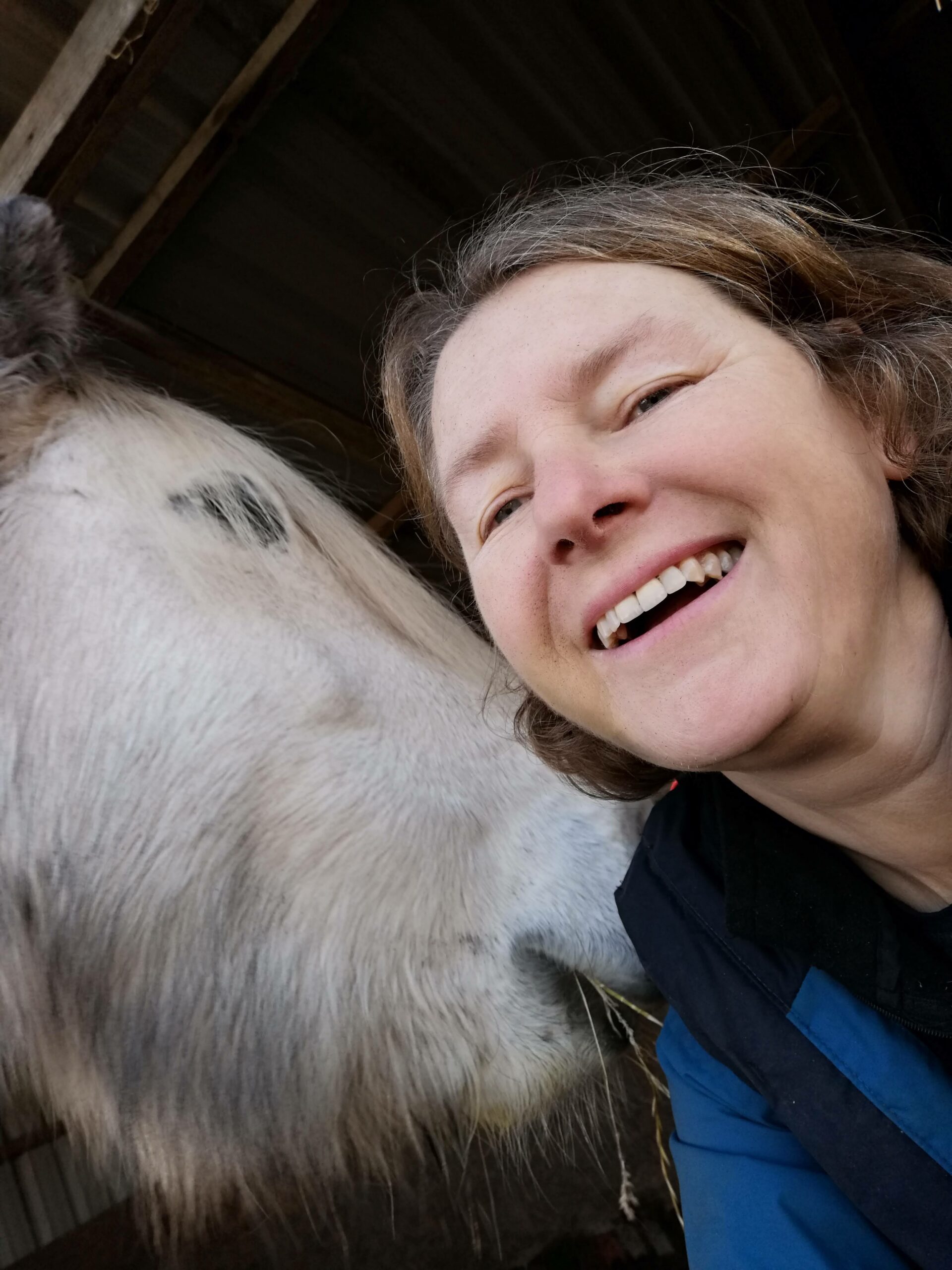Pets and Their People Blog
Why Sleep Is So Important for Equids
Horses, donkeys and mules have different sleep/wake cycles than humans. They spend about 12% (horses) or 13% (donkeys) of their 24-hour day sleeping. They also tend to have multiple short sleeps during a 24-hour period, and these periods can be both during the daytime and during nighttime.
Types of Sleep
What’s important to know is that, like humans, equids have more than one type of sleep. There’s light dozing, deep sleep and REM sleep (dream sleep). Most people are familiar with a dozing horse or donkey, with low head, half closed eyes and a droopy lip. Equids have all evolved to be able to lock front and hind legs when in light sleep, meaning that they can sleep lightly when standing up, without falling over. However, people are often less familiar with a horse or donkey lying down to sleep, since many equids won’t lie down when people are nearby. Seeing them lying flat out, often with legs moving and ears flicking, can be a shock for people who haven’t seen a horse dreaming! Here’s a video of REM sleep:
During colder and wetter weather, some can get dream sleep lying with their head and neck upright and chin resting on the ground.
Dream sleep is essential, and horses or donkeys who are too worried or uncomfortable to lie down and stretch out regularly can develop sleep deprivation.
An Equid Point of View
Even though they only need a very short period each day lying down, it’s essential for their health. Horses and donkeys are most likely to feel safe to lie down if they have familiar company, if they are in a familiar place, and if there is a comfortable surface on which to lie. For example, some equids lie down less during winter months when the ground is cold. Some equids lie down less because they’re getting older and they are worried about getting stuck. Some equids lie down less because they don’t feel safe on their own, or they don’t trust their companion to keep them safe. So providing a dry, comfortable spot for them to lie down can help ensure they get enough good quality sleep each day.

Sleep and Memory
Although there are lots of theories about why animals sleep, one thing we do know is that sleep seems to help something called “memory consolidation”: if your equid has learned something new today, they will process this new information during sleep. Often, when you’re training your horse or donkey, you may find that they seem to start off the next day a step further on in training than they were today. That’s very likely due to memory consolidation during dream sleep!
About the Author


